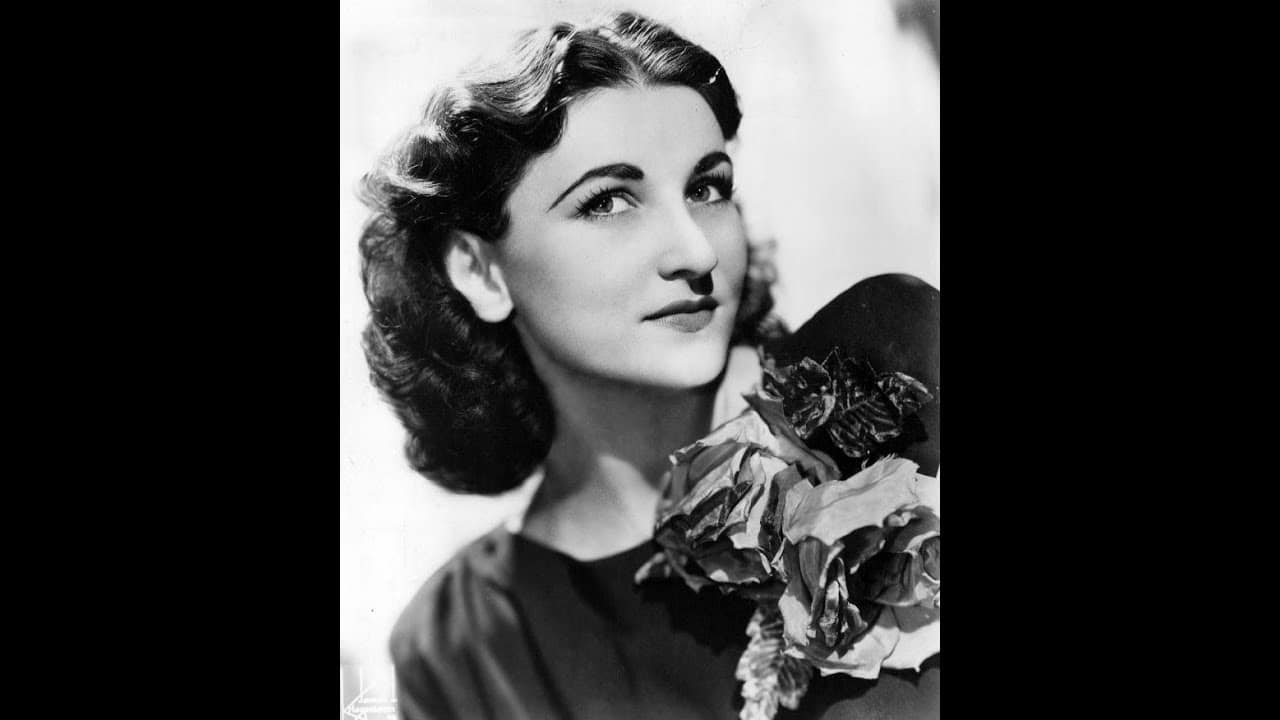International violinist responds to bad reviews
mainThe irrepressible violinist Patricia Kopatchinskaja has opened a trash bin on her website to deal with bad reviews.
Yes, deal with them.
She responds to factual errors in reviews and rebukes lapses of taste. She demands gently to know who – herself or the reviewer – has spent longer studying the score or living with the composer. She gets personal.
We like that. Read Pat’s trash bin here (in three languages).
More performers should do this.






Comments